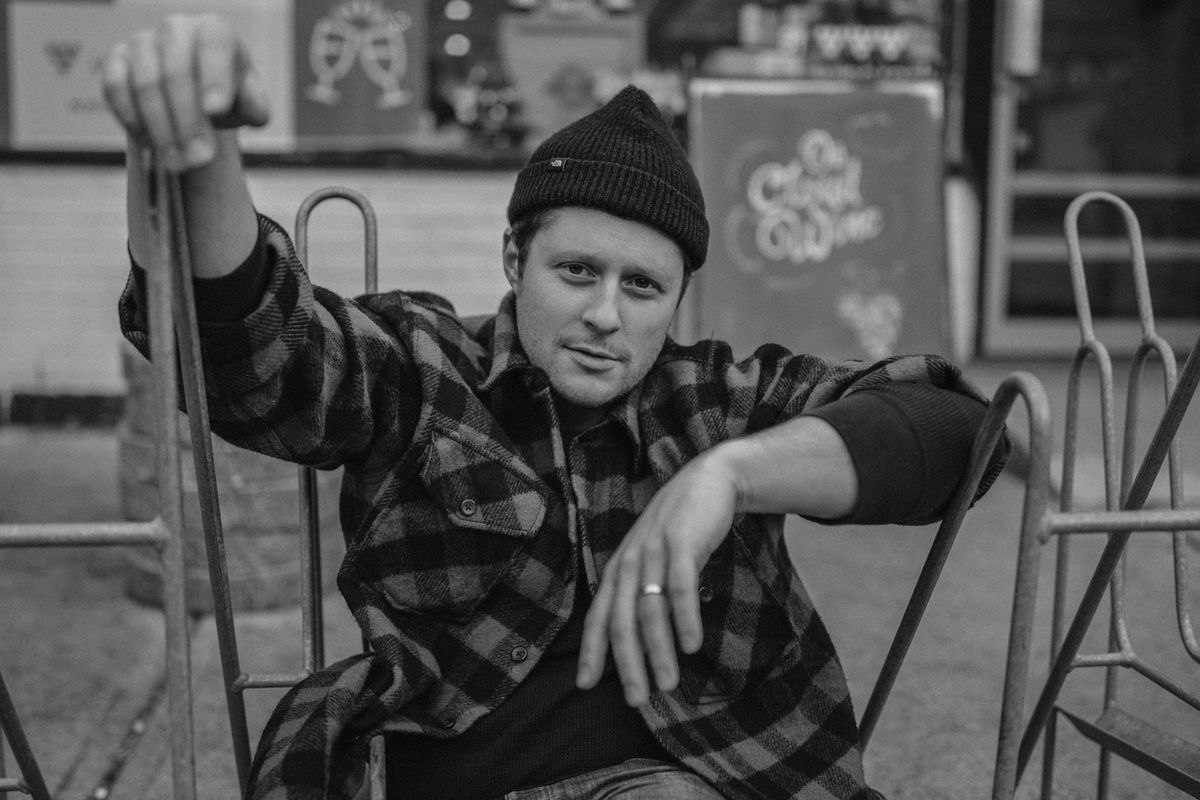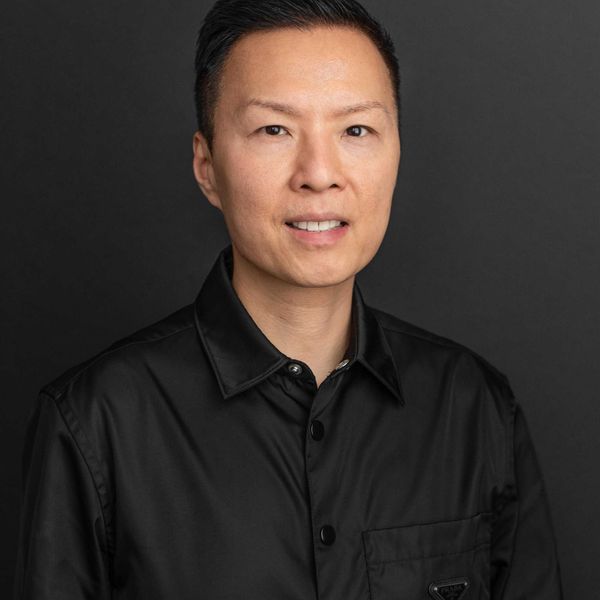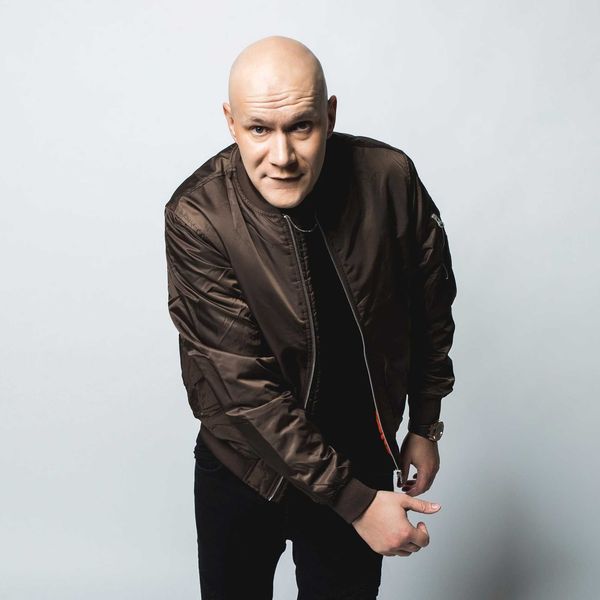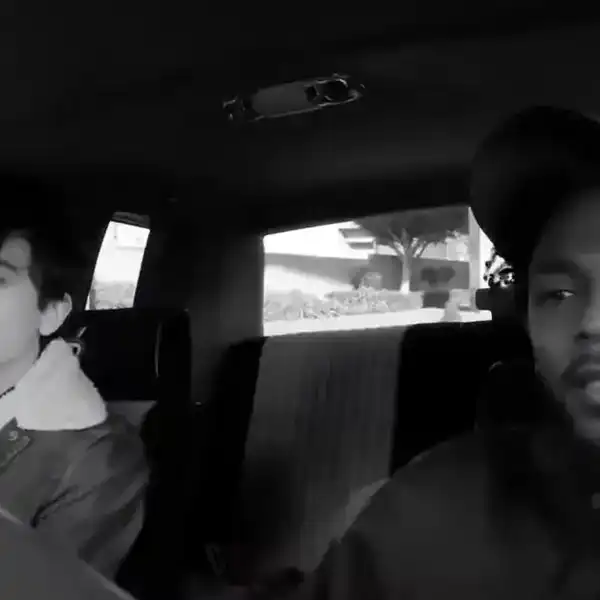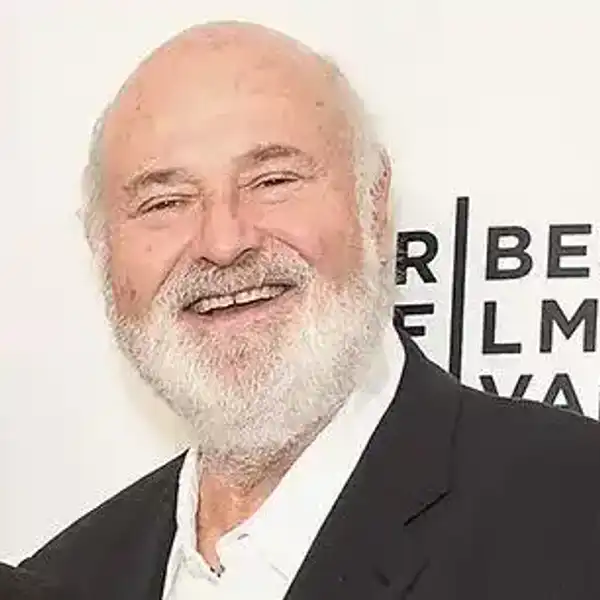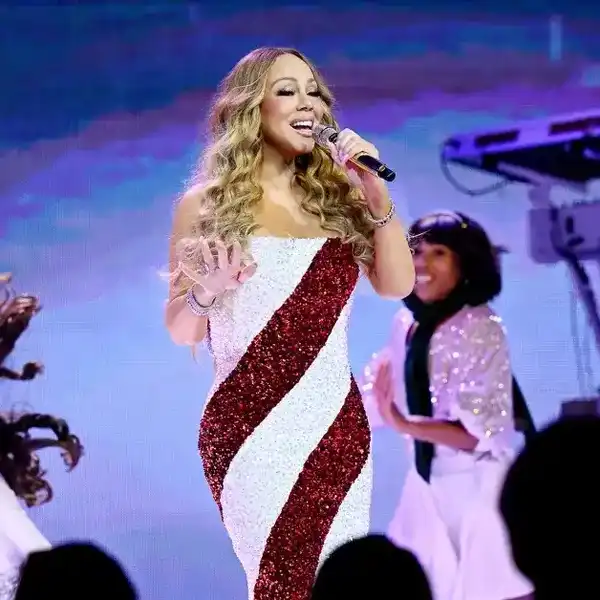Dave Charles Interviews Global Broadcaster Alan Cross
Two radio pros from different eras face off in this Q&A that explains a lot and offers hope for a medium that is under siege from bean counters and disillusioned audiences. A must-read. Pictured here is Alan Cross.
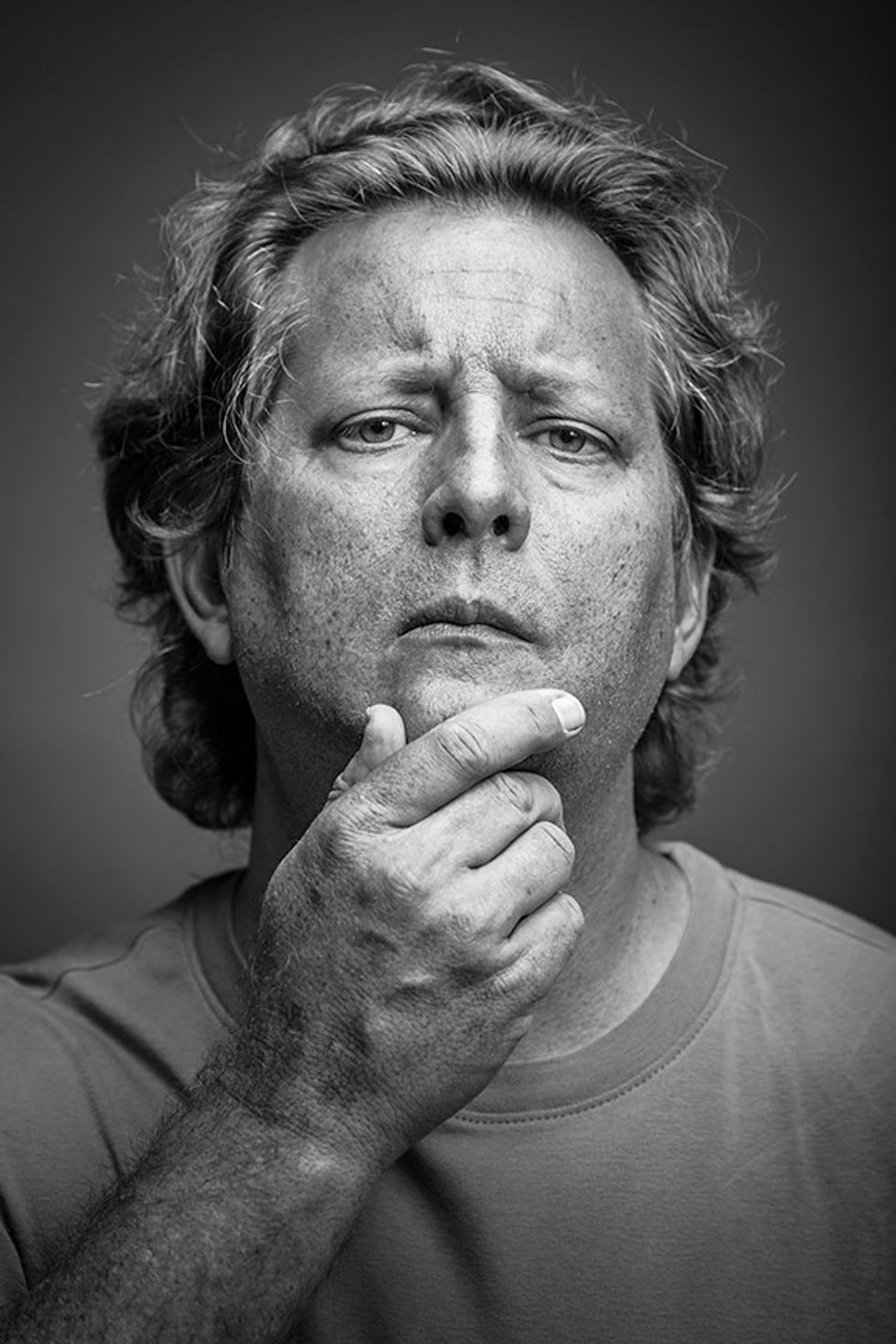
By Dave Charles
Two radio pros from different eras face off in this Q&A that explains a lot, and offers hope for a medium that is under siege from bean counters and disillusioned audiences. A must read.
What, in your opinion, is the state of radio today?
It’s a lot better than some people will have you think. I’m tired of the comments like “radio is dead” and “who still listens to the radio?” LOTS of people. It’s still popular, powerful, and profitable.
I think the pandemic proved that we need local connections and local information. And artists and labels know that the quickest way to reach the most people is still via radio.
That being said, there are plenty of revenue challenges, issues with finding talent, uncertainty on how to bring in younger listeners, and the need to upgrade technologically while still serving audiences and shareholders with what we’ve been so good at for the last 100 years. I’ve used this analogy many times: We’re faced with changing the wings on our airplane while flying at 38,000 feet.
Where can radio look for some good news?
The good news is that if we look beyond Canada (and especially beyond the US, which seems determined to drive radio into the ground with endless cuts and consolidation, all at the expense of content and programming). There are countries like the UK and Australia where radio is not only thriving but growing.
By the way, it’s from the US where we hear the most “radio is dead” talk. Given what they’ve done to the medium, I understand why.
Can you give us some specific challenges?
AM radio, for one. It served us well for a century, but its technological limitations are really starting to show—and not just in terms of audio quality. AM and electric cars just don’t mix. The interference from the car’s motors makes reception pretty much impossible. As a result, most electric vehicles aren’t even equipped with AM radios. Given that in-car listening is radio’s bread and butter and that we’re headed towards total electrification, something will have to be done. Just as in places like Norway and Switzerland, AM is inevitably going to be phased out. But where does this programming go? The FM band is already jammed to capacity in many markets.
HD-Radio doesn’t seem to be an option. And unlike the UK and Europe, DAB is never going to happen here.
Can you comment on the current Canadian ownership rules?
The current Canadian ownership rules don’t help. At some point, owners will either have to make a decision to flip an underperforming FM music station to news/talk/sports or to sunset their AM properties. No one wants to see that.
You are a very successful global radio journalist, and musicologist. What about the next generation of radio talent?
Absolutely, another challenge is talent development and talent retention. We used to have a vast farm system of small- and medium-market radio stations that acted as the minor leagues for radio. With so much syndication, voice-tracking, and automation there’s only a fraction of the live-body jobs that used to exist. The problem becomes evident the moment a PD has a vacancy, especially in a drive shift. Where is the next generation of radio stars going to come from?
Speaking of PDs, I don’t know how they manage running multiple stations. When I was programming, a single station took up all my time 24/7. For those PDs who can juggle so many different stations, I salute you.
‘The ongoing history of new music podcasts is heard around the globe. What was the concept behind developing this show and talk about the traction this podcast is getting?
Back in 1992, after several years of management and ownership changes, it was decided after much audience research that instead of flipping to Country, CFNY would remain an alternative station. The key to any success would be to avoid any “too cool for the room” attitude, so it was thought a weekly documentary explaining this music was necessary. They looked around and found one person with a history degree—me—and informed me that this would be my new job. “Ongoing History” duties would be my job as a contractor three days a week and a part-time announcer Saturday and Sunday from 6 am to noon—a far cry from the awesome afternoon drive shift I’d be doing. If I declined their generous offer, I was welcome to explore other employment opportunities.
Having recently gotten married and bought a house, I had no choice but to accept the assignment. Turns out, though, that this was the best thing that ever happened to me. If none of this would have happened, there’s no way I would have lasted this long as just a basic announcer.
Radio syndication started slow but has now built up to about a dozen stations. The podcast—an edited version of the radio show—first appeared in 2017. We’re approaching 20 million downloads. It now reaches far more people than the radio show ever could. The last I checked, there were only three countries in the world where it hasn’t been downloaded: North Korea, Turkmenistan, and Liberia.
What is your advice for new talents wanting to get into the radio business today? What are the key things to focus on in getting that first on-air job? In your view, what are the essentials skills that you must have?
I’m convinced that the most important characteristic of any radio person is curiosity. If you’re curious about things, you will inevitably end up asking two important questions: (1) Why are things the way they are? And (2) Why do things have to be the way they are? Follow the answers to both questions and you’ll always have a job.
A couple more things. (a) Never coast. Always be upgrading your skills. Always be moving forward, (b) Be a sponge. The best radio people know a little bit about a lot of things. Imagine being at the world’s biggest cocktail party where you’re expected to make small talk with anyone from a nuclear physicist to a porn star. A good radio person will be able to hold a two-line conversation with anyone at the party and have them think that you are one of them.
Will we have another music style, group or artist that will change the music scene? IE Elvis, The Beatles, Motown, the British invasion, Elton John, and the Super Groups era?
Maybe. On one hand, technology has made music so decentralized, so customizable, and so personal, that it’s hard to see how we’ll ever have the widespread consensus that was common among music fans in the pre-internet era. And with nearly 100 million songs available instantly on our phones, there’s plenty to keep everyone exploring.
On the other hand, Gen Z and Gen Alpha are two massive groups of young people who are absorbing influences from decades of music. Some of them will go on to make music of their own. What will that music sound like with all that input to shape things?
What does Alan Cross do for fun?
Travel is a big thing for my wife and me. And we’re crazy about our two English bull terriers, Schmooze and Squirt. I’m also rather obsessive about high-performance production sports cars.

